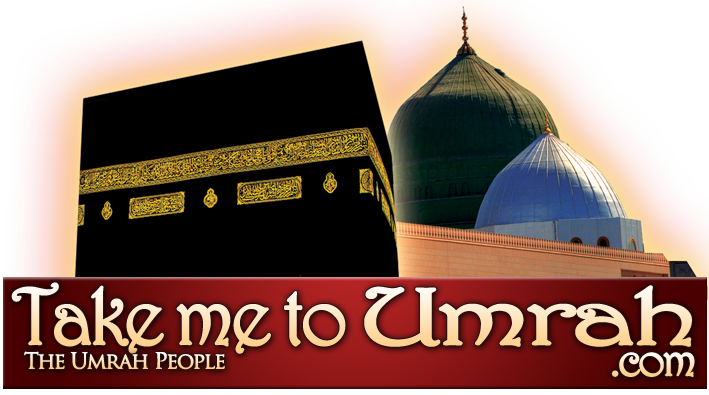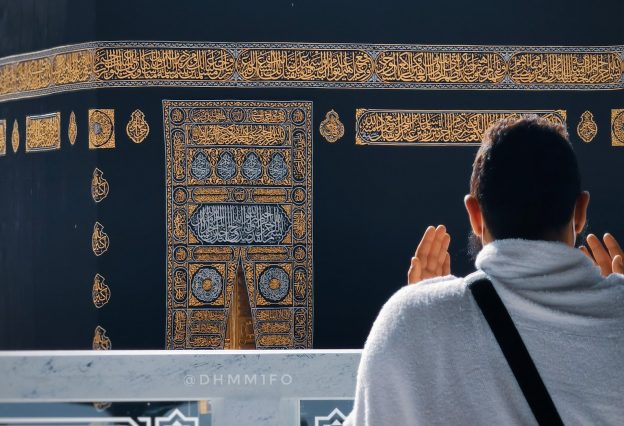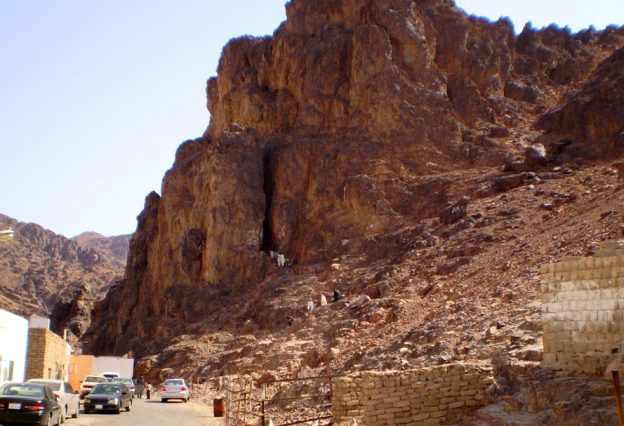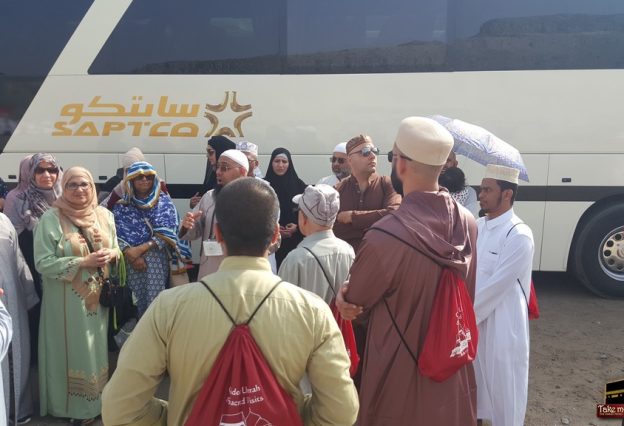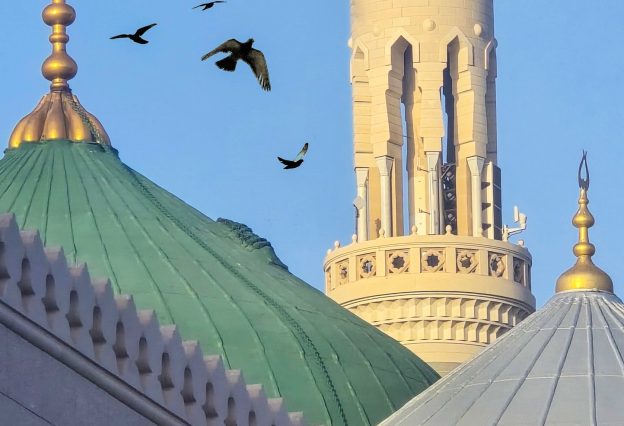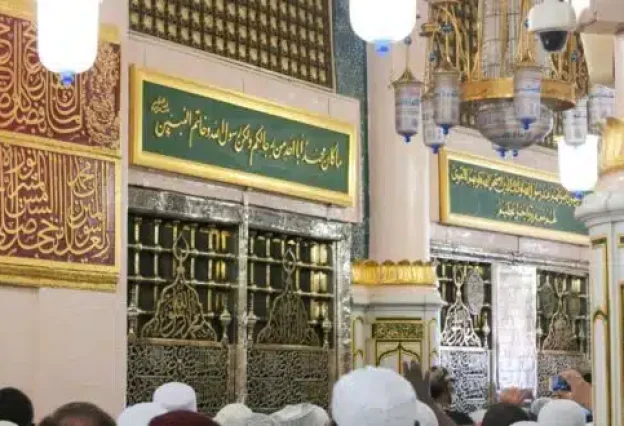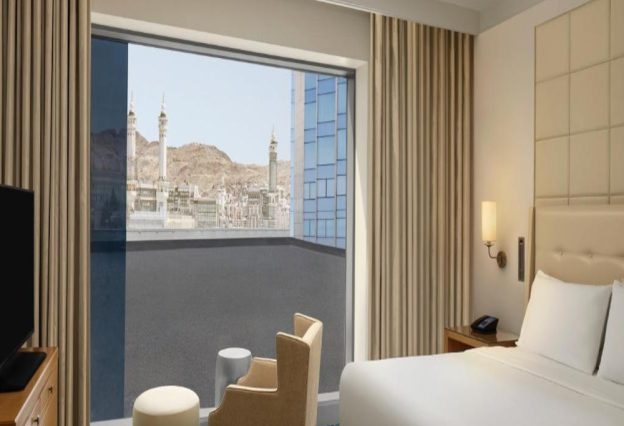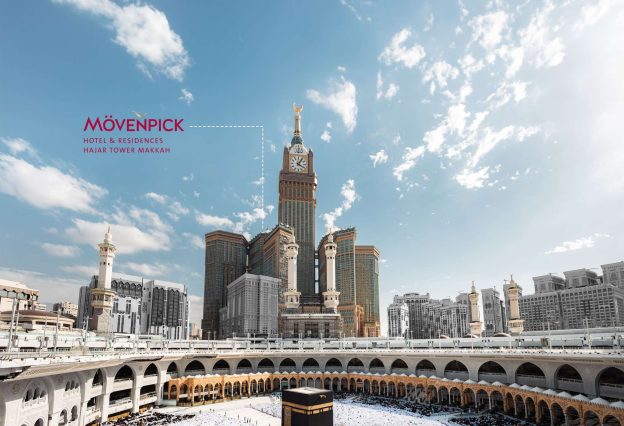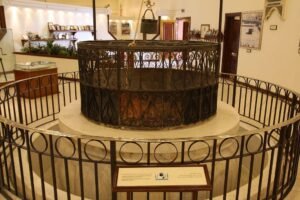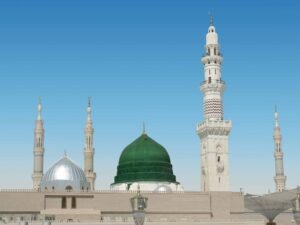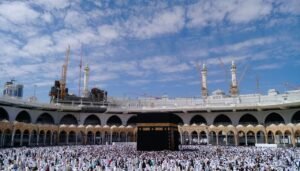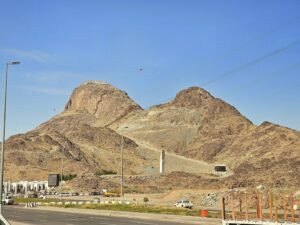Umrah Overview ( Intention & Virtues)
The Umrah or (Arabic: عمرة) is a pilgrimage to Mecca, Saudi Arabia, performed by Muslims that can be undertaken at any time of the year. In Arabic, Umrah means “to visit a populated place”. In the Sharia, Umrah means to perform Tawaf round the Kaaba and Sa’i between Al-Safa and Al-Marwah, after assuming Ihram (a sacred state), either from a Miqat like Zu ‘l-Hulafa, Juhfa, Qarnu ‘l-Manāzil, Yalamlam, Zāt-i-‘Irq, Ibrahīm Mursīa, or a place in Hill. It is sometimes called the ‘minor pilgrimage’ or ‘lesser pilgrimage’, the Hajj being the ‘major’ pilgrimage and which is compulsory for every able-bodied Muslim who can afford it. The Umrah is not compulsory but highly recommended. Umrah literally means to visit a habitable place. In terms of the Shari`ah it means to pass the Miqat in Ihram to perform Tawaf of the Ka`bah, Sa`y of Safa’ and Marwah and to shave/trim the hair.It is Sunnah al-Mu`akkadah (emphasised Sunnah) to perform `Umrah at least once in a person’s life. Any more than this is Mustahabb. `Umrah can be performed anytime of the year besides the days of Hajj (9-13th of Dhul-Hijjah). Intention for Umrah The intention should be the sole pleasure of Allah and should be carried out in accordance with the Sunnah of the Prophet Muhammad (P.B.U.H.). Keep in mind that one is going to visit the house of Allah (the Ka`bah), which is perpetually visited by angels, and has the mercy and blessings of Allah descending upon it at all times. The intention should also include the performance of a great Sunnah of many of the great Prophets. Important: If one’s attitude is neglectful or dismissive of this journey then one will not only be wasting effort and money, but one may actually be liable for punishment for this incorrect attitude.
Umrah Rituals The pilgrim performs a series of ritual acts symbolic of the lives of Ibrahim (Abraham) and his second wife Hajar, and of solidarity with Muslims worldwide. These acts of faith are: Perform a tawaf “طواف”, which consists of circling the Kaaba seven times in an anticlockwise direction. Men are encouraged to do this three times at a hurried pace, followed by four times, more closely, at a leisurely pace. Perform a sa’i “سعي”, which means rapidly walking seven times back and forth between the hills of Safa and Marwah. This is a re-enactment of Hajar’s frantic search for water. The baby Ishmael cried and hit the ground with his foot (some versions of the story say that an angel scraped his foot or the tip of his wing along the ground), and water miraculously sprang forth. This source of water is today called the Well of Zamzam. Perform a halq or taqsir, meaning a cutting of the hair. A taqsir is a partial shortening of the hair, whereas a halq is a complete shave of the head, except for women, as they cut a little amount of hair instead. These rituals complete the Umrah, and the pilgrim can choose to go out of ihram. Although not a part of the ritual, most pilgrims drink water from the Well of Zamzam. Various sects of Islam perform these rituals with slightly different methods. The peak times of pilgrimage are the days before, during and after the Hajj and during the last ten days of Ramadan.
لبيك اللهم لبيك لبيك لا شريك لك لبيك إن الحمد والنعمة لك والملك لا شريك لك
Labbayk, Allähumma. Labbayk. Labbayk. Lä shareeka laka. Labbayk. innal-hamda wan-n’imata laka wal-mulk. Lä shareekalak.
Here I am at Your service O Lord, here I am. Here I am You have no partners Here I am, Indeed all praise and the favour is Yours, and the dominion. You have no partners.[/vc_column_text][/vc_tab][vc_tab title=”Virtues of Umrah” tab_id=”1412182597-2-6″][vc_column_text]Virtues of Performing Umrah `Umrah is a cleanser for the sins committed between it and another `Umrah.al-Bukhari, Muslim To perform one `Umrah in Ramadan is equal to a Hajj in reward. In another narration, it is equal to a Hajj performed with the Prophet (P.B.U.H.) Muslim The performers of Hajj and `Umrah represent (the order) of Allah. If they call Him, He answers them and if they seek His Forgiveness He forgives them. Ibn Majah `Abdullah ibn Mas`ud reports that Rasulullah (P.B.U.H.) said, “Perform Hajj and `Umrah one after the other. Surely they remove poverty and sins just as the furnace removes the rust from iron, gold and silver.”at-Tirmidhi, an-Nasa’i` A’ishah once sought permission from Rasulullah (P.B.U.H.) to go for Jihad.Rasulullah (P.B.U.H.) replied, “Your Jihad is Hajj.”Ahmad `If a person sets off for Hajj or `Umrah and passes away en route, he shall be brought before Allah I without having to stand for judgement, nor will he have to give account. It shall be said to him: ‘Enter into Jannah.’at-Targhib
Easy Umrah Guides
